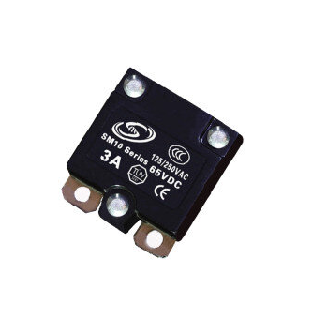The Importance of Automotive Wiring Tape in Vehicle Design
In the complex world of automotive engineering, effective management of electrical systems is crucial. With modern vehicles relying heavily on intricate wiring networks, the need for reliable and efficient protective materials has become paramount. One such essential material is automotive wiring tape. This specialized tape plays a significant role in ensuring the longevity, safety, and functionality of vehicle electrical systems.
Automotive wiring tape is designed specifically for use in vehicles. It is typically made from materials that offer excellent insulation properties, resistance to environmental factors, and flexibility for various applications. The most common types of automotive wiring tapes include cloth tape, vinyl tape, and rubber tape. Each of these materials has its own unique benefits, making them suitable for different wiring needs within a vehicle.
One of the primary functions of automotive wiring tape is insulation. Electrical wires, when exposed, can pose serious safety hazards such as short circuits or electrical fires. Automotive wiring tape serves as a protective barrier, helping to insulate the wires from external elements and preventing accidental contact with metal components. By providing this insulation, the tape not only protects the wiring but also enhances the overall safety of the vehicle.
In addition to insulation, automotive wiring tape offers protection against environmental factors. Vehicles are subjected to a wide range of conditions, including extreme temperatures, moisture, and vibrations. High-quality automotive wiring tape is designed to withstand these challenges. For instance, vinyl tape is known for its waterproof properties, making it an excellent choice for areas prone to exposure to rain or humidity. Conversely, cloth tape, with its robust structure and adhesion qualities, is often used in high-temperature environments where flexibility and durability are crucial.
automotive wiring tape

Another significant aspect of automotive wiring tape is its role in organization and strain relief. Properly organized wiring is essential for maintenance and troubleshooting in vehicles. Using automotive wiring tape allows technicians and engineers to bundle wires together neatly, reducing clutter and the risk of tangles. This organization not only facilitates easier access during inspections but also aids in identifying issues when they arise. Furthermore, applying automotive wiring tape provides strain relief to the wires, which is essential in preventing damage from movement and vibration during vehicle operation.
The use of automotive wiring tape is not limited to just insulation and organization; it also contributes to the aesthetic appeal of a vehicle's interior. With the variety of colors and finishes available, wiring tape can help create a more visually appealing and professional look for automotive electrical systems. This is particularly important in custom builds and restorations, where attention to detail is critical.
In the ever-evolving automotive industry, where technology and safety standards are continually advancing, the importance of automotive wiring tape cannot be overstated. It is a vital component that enhances safety, protects essential wiring, and contributes to the overall performance of vehicles. As car manufacturers and consumers alike place increasing emphasis on quality and reliability, the role of automotive wiring tape will only become more significant.
In conclusion, automotive wiring tape is an indispensable element of vehicle design and maintenance. By providing insulation, environmental protection, organization, and an improved aesthetic, it ensures that electrical systems function optimally and safely. As we look to the future of automotive technology, the role of such foundational materials will remain critical in shaping the vehicles of tomorrow.
-
XIANGFAN Rubber Tape-Ultimate Solutions for All Your Insulation NeedsNewsJun.24,2025
-
XIANGFAN Rubber Tape-Protection for Industrial and Residential ApplicationsNewsJun.24,2025
-
XIANGFAN Rubber Tape: Superior Safety and Sealing for Demanding EnvironmentsNewsJun.24,2025
-
XIANGFAN Rubber Tape: Reliable Solutions for Every Electrical ChallengeNewsJun.24,2025
-
XIANGFAN Electrical & Industrial Tape: Powering Reliability Across IndustriesNewsJun.24,2025
-
XIANGFAN Electrical & Industrial Tape: Excellence in Every ApplicationNewsJun.24,2025
